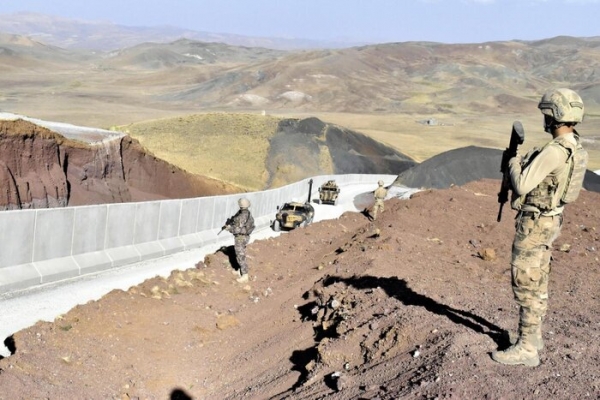On Friday, Nov. 18, Human Rights Watch released a report pointing to Turkey's multiple violations against refugees. The NGO claims that men and boys traveling without families suffer beatings and abuses by the Turkish authorities. They are prevented from accessing procedures to assess their status at local migration management offices. Some are arrested and often tricked or coerced into signing voluntary return forms, then deported to Afghanistan. Turkey's expulsions of Afghan nationals increased sharply from 2021 to 2022. The 44,768 Afghan nationals expelled from Turkey in the first eight months of 2022 represent a 150 percent increase over the number of Afghan nationals expelled in the first eight months of 2021.
The pushbacks violate multiple human rights standards, including the prohibition of collective expulsion under the European Convention on Human Rights, the right to a fair trial in the International Covenant on Civil and Political Rights and the principle of non-refoulement under the Refugee Convention of 1951, which prohibits the return of refugees to places where their life or freedom would be threatened.
Bill Frelick, director of refugee and migrant rights at Human Rights Watch calls on the government of Turkey to immediately stop all push backs from Turkish territory and to Turkey's borders. It calls on local offices to provide access to international protection procedures to all who request them and calls on the European Union and its member states, as well as the United Nations refugee agency (UNHCR) to engage in a more decisive way for the protection of asylum seekers and refugees.
To read more, visit:
- https://www.hrw.org/news/2022/11/18/turkey-pushes-afghans-back-iran-border
- https://www.hrw.org/report/2022/11/18/no-one-asked-me-why-i-left-afghanistan/pushbacks-and-deportations-afghans-turkey
- https://www.ekathimerini.com/news/1198295/hrw-turkey-pushing-afghans-back-at-iran-border/
by Jasmine Labed







